- 16 Posts
- 2 Comments
Joined 1 year ago
Cake day: August 4th, 2023
You are not logged in. If you use a Fediverse account that is able to follow users, you can follow this user.

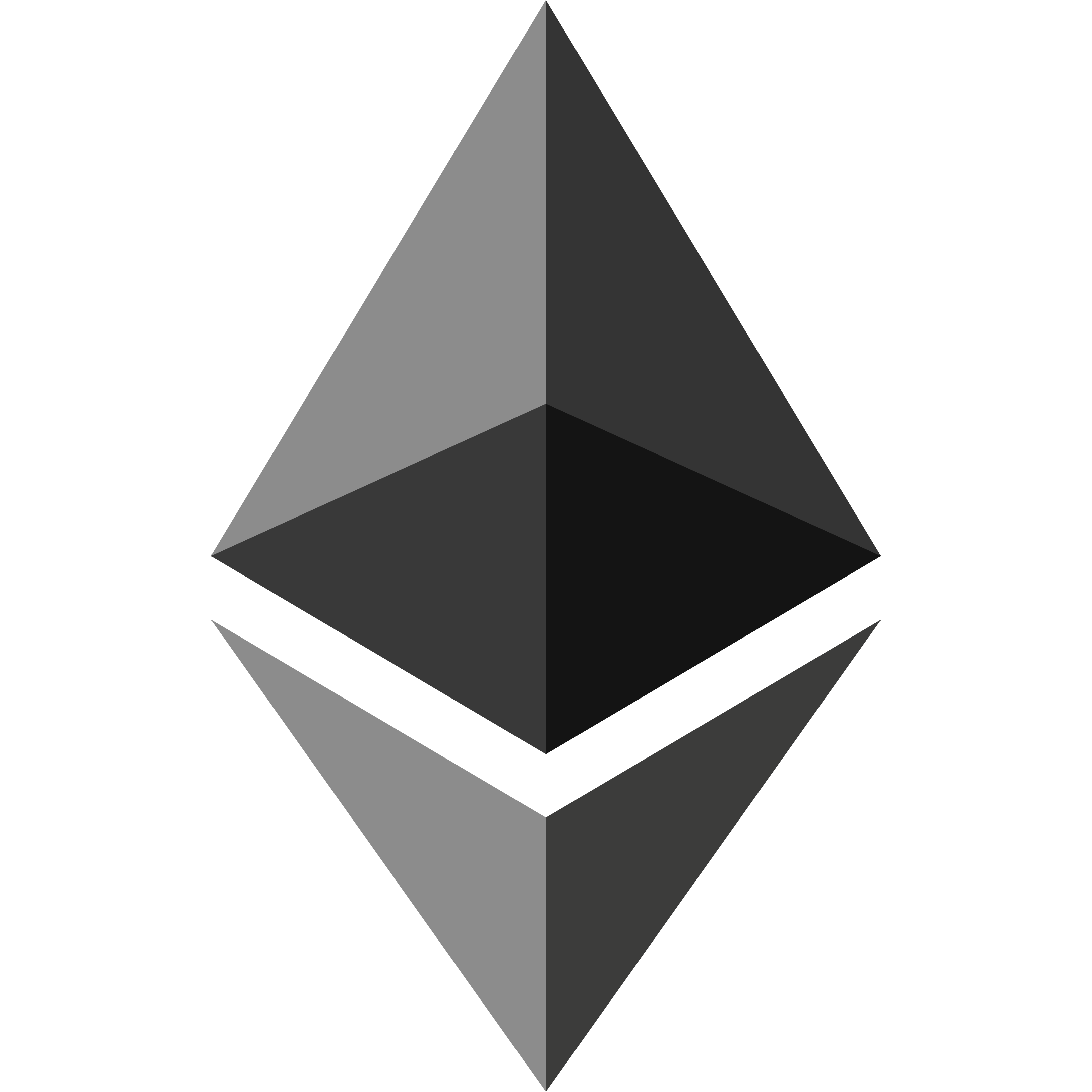 2·1 year ago
2·1 year agoYou can use Rotki, it’s similar to Zapper or Koinly, but it’s an open source desktop app you run locally. It’s still pretty limited compared to the online alternatives, but may get the job done for you depending on your requirements.
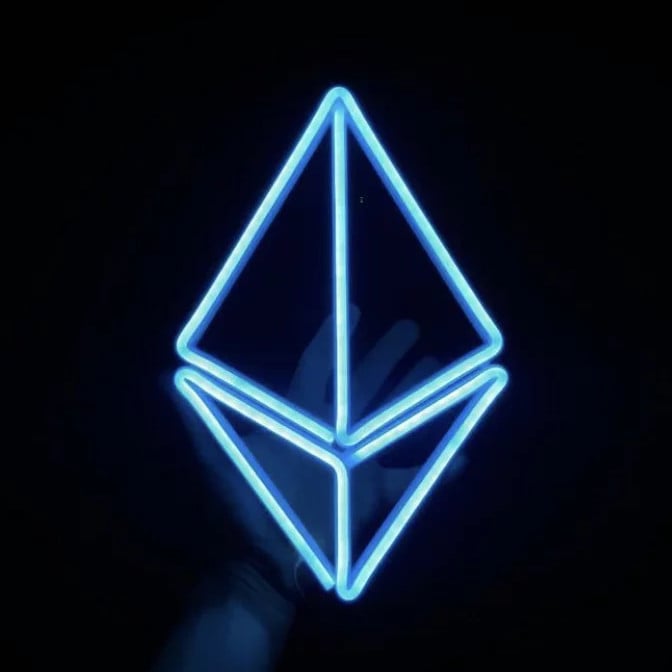


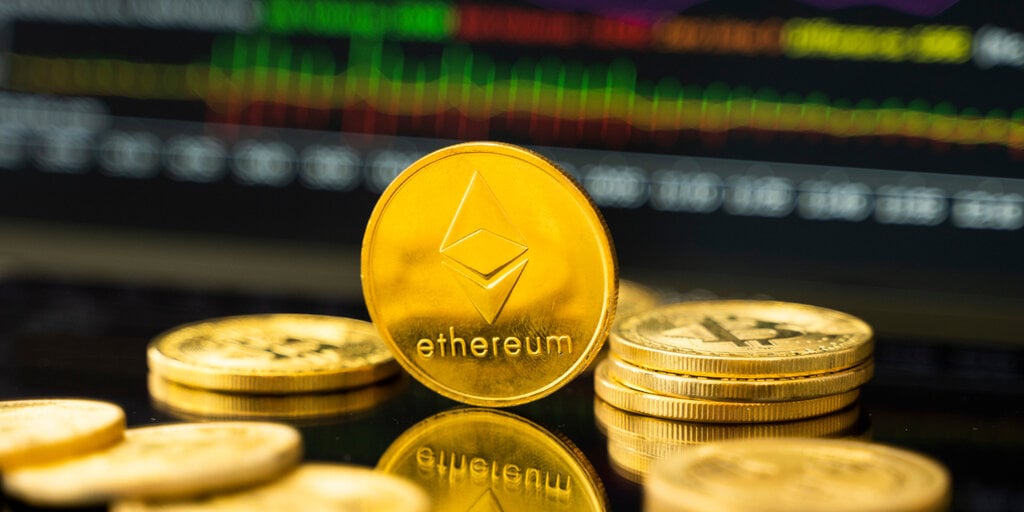
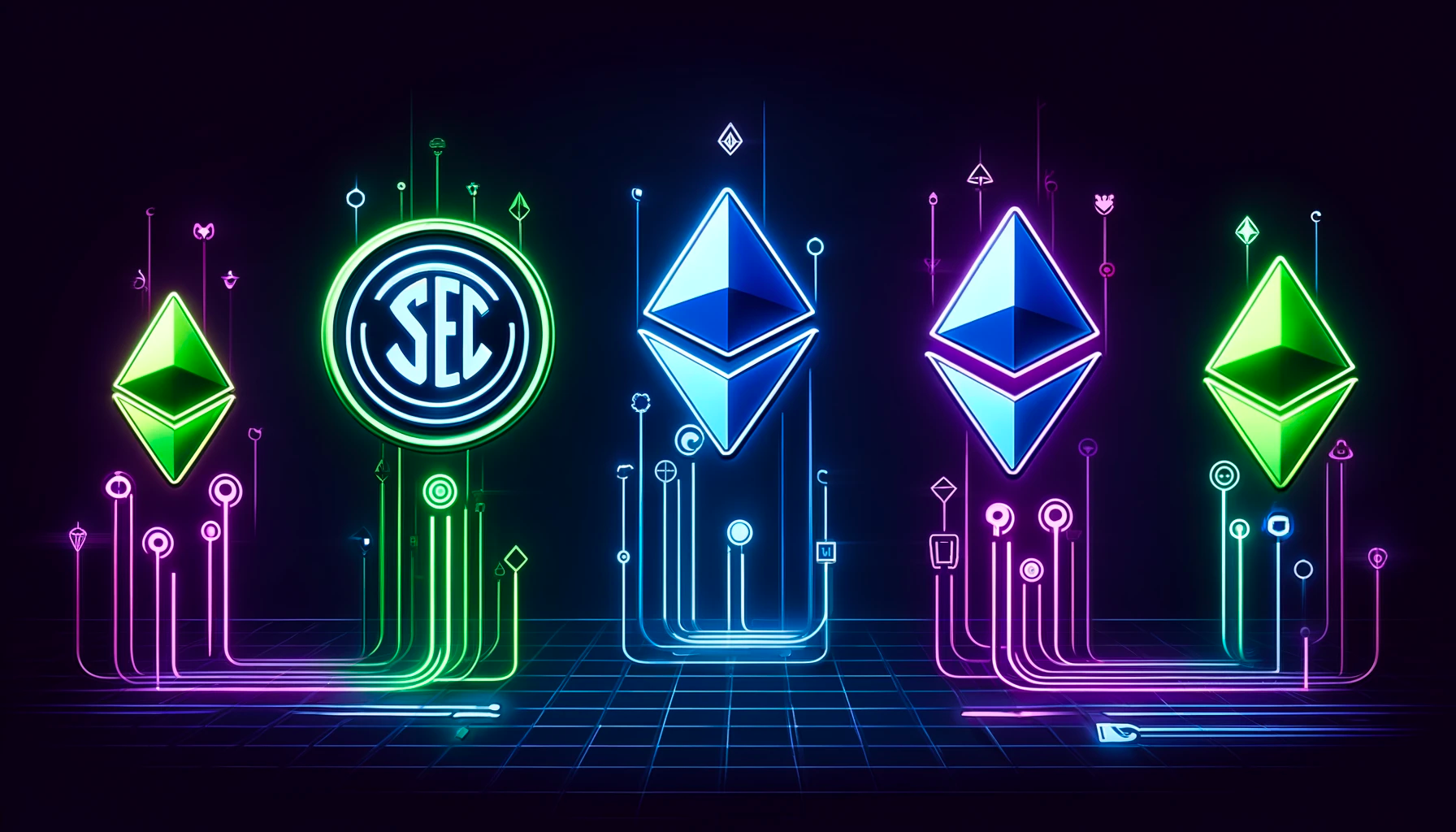

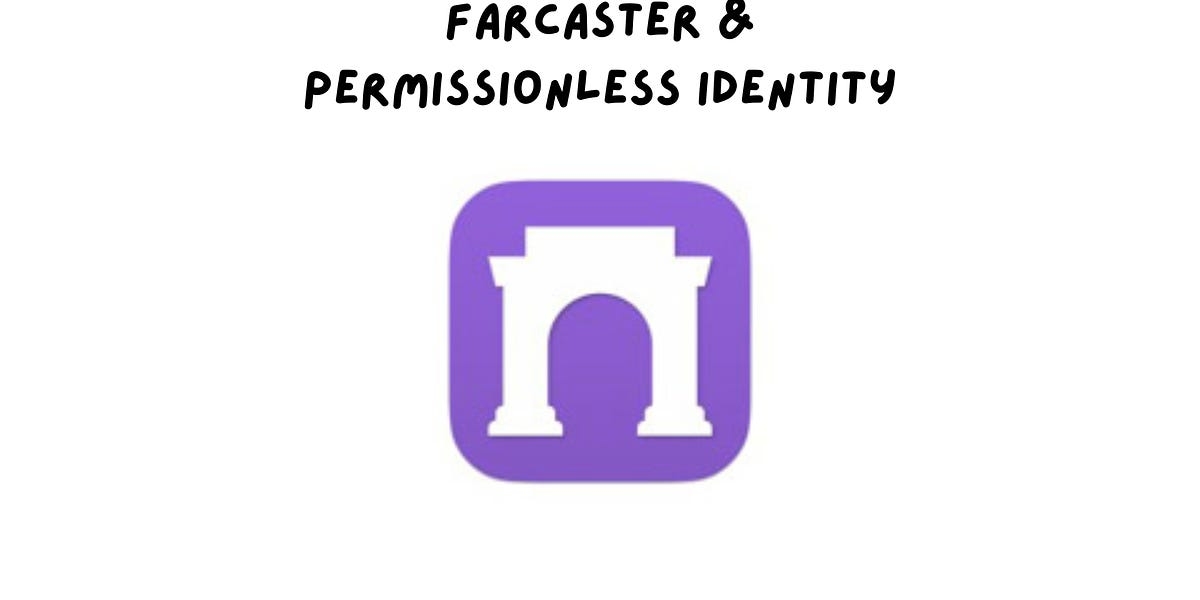




Token creators don’t define any price. They do define things that influence the price like initial supply, inflation, etc. The market price will emerge from the interaction between those things and any demand that might exist for the token for whatever reason (usually just speculation). In short, supply and demand.
Now, this is how it works for fungible tokens, like in the ERC-20 standard. If we’re talking about non-fungible tokens, or NFTs, creators usually define a price for “minting” (creating a new token in a collection). This initial minting price may or may not influence secondary sales.